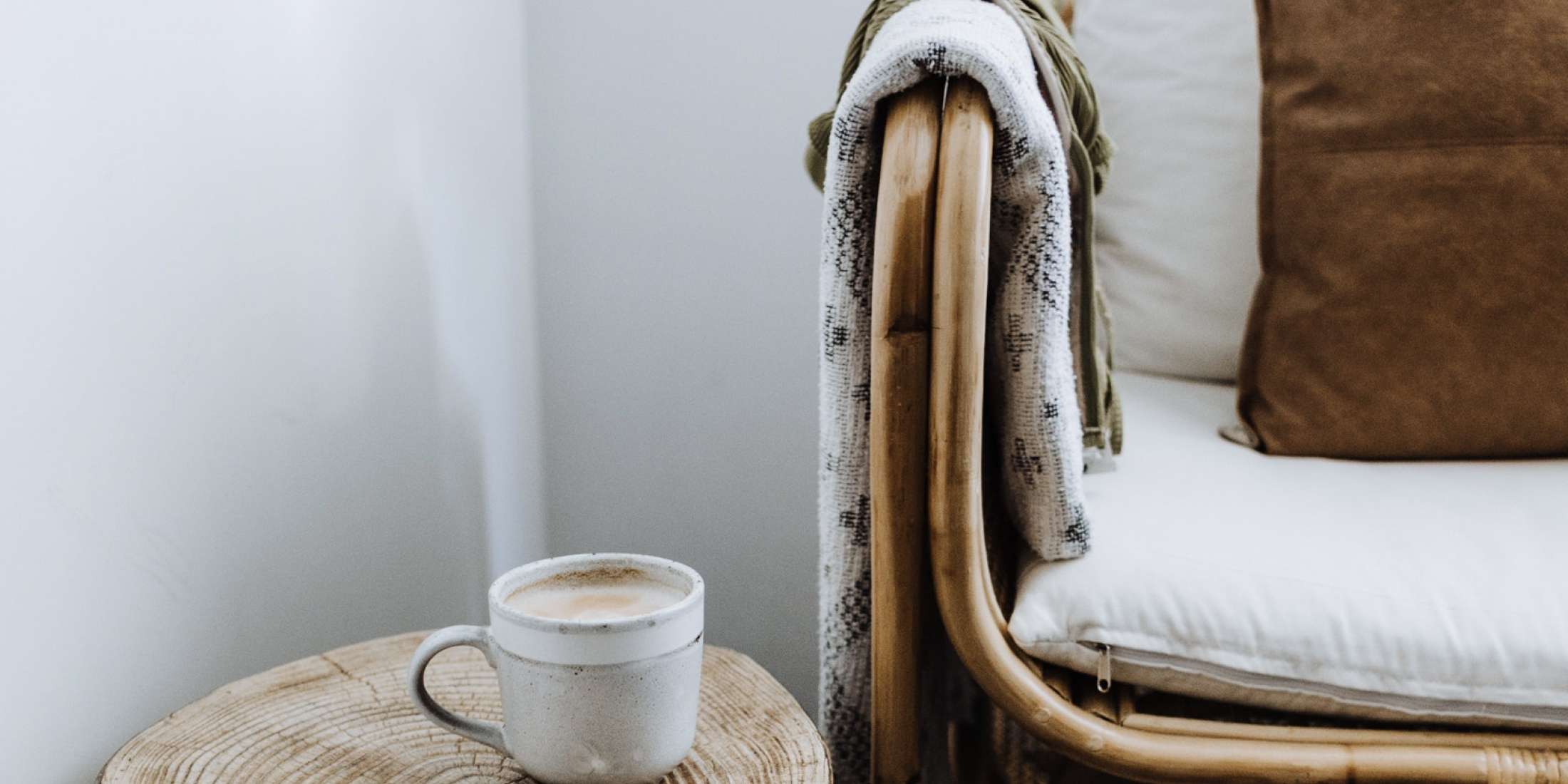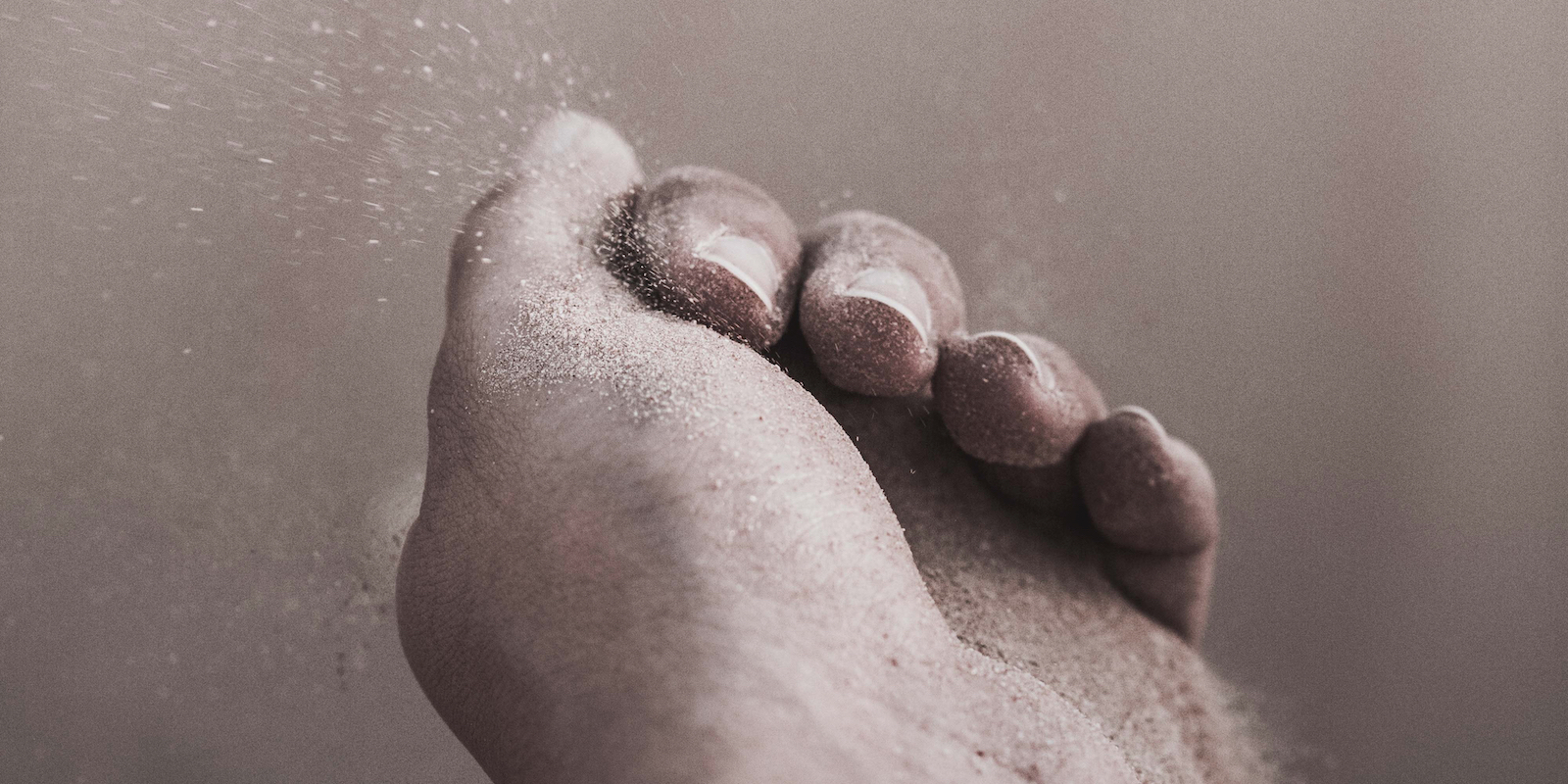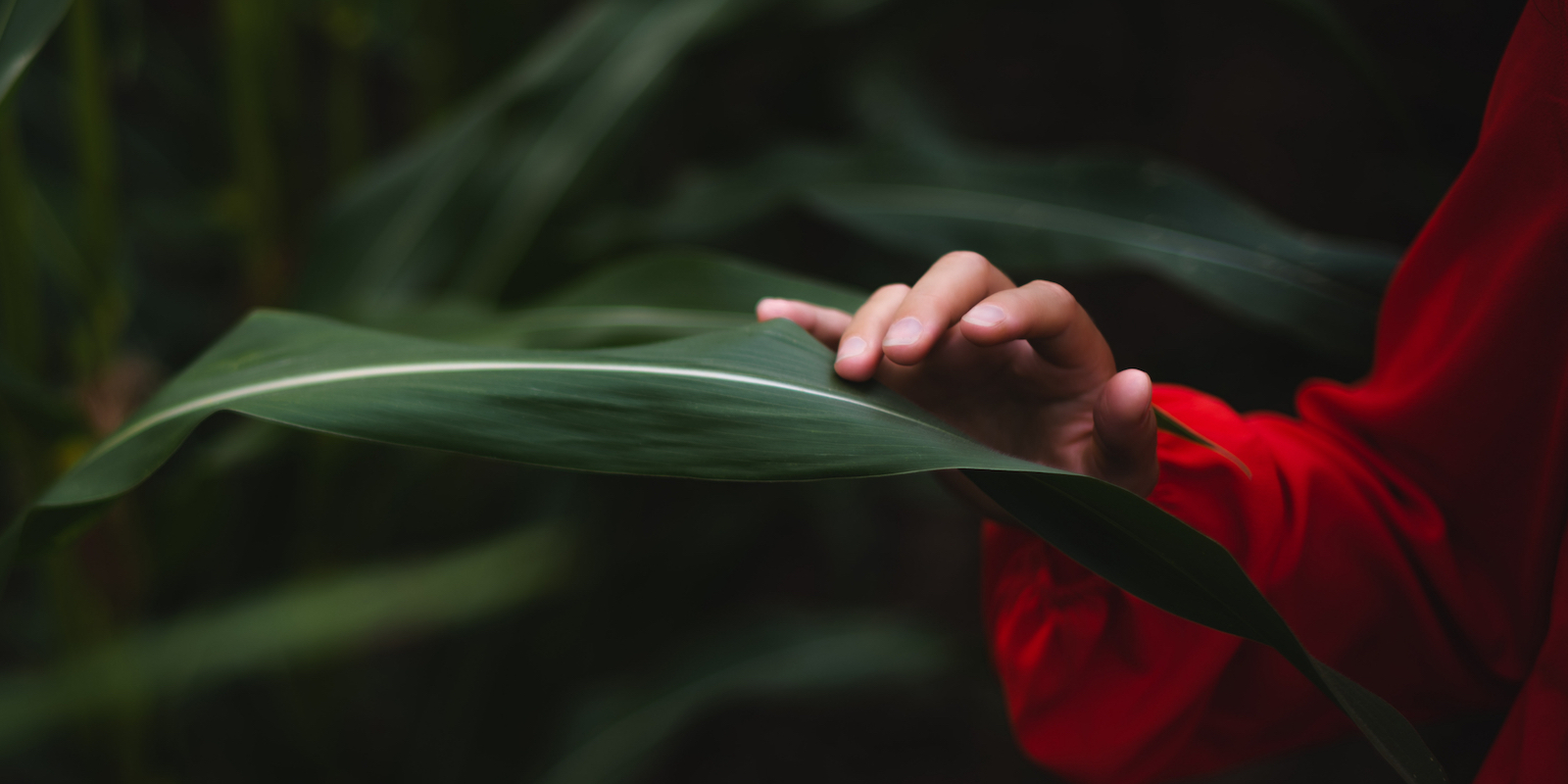Life continues on while our attention gets lost in stories of the future, past regrets, or going round and round in circles. We’re having a cup of coffee and worrying over school. We’re walking to the car on a brisk sunny day and regretting what we said last week to a colleague. We’re in bed warm and safe and spinning around a choice we’ve already sorted through as well as we can. These cognitive patterns launch us out of moments that might otherwise build our resilience and only amplify our suffering.
On most days positive experiences come and go but we may not register them much at all. Through all that monkey-mind of thought, we miss out on restorative moments. Or we undermine them with worry that they’ll pass all too soon. Which they tend to do, since as soon as they start, they are closer to ending by nature. Resilience and happiness rely not on pretending to enjoy unpleasant times, but on paying full attention to the more positive and happy moments within them.
Learn more about navigating through crisis and building awareness for habitual thought patterns and emotional habits.
Notice The Neutral
Inevitably, times will pass that seem neither pleasant nor unpleasant. And yet, boredom can lead to restlessness and irritability (particularly in kids). Like a modern Sisyphus, we may endlessly push uphill to the next attention-grabbing dopamine thrill through a game, social posting, or news feed, before it passes and our mood rolls downhill yet again. It’s exhausting and counterproductive.
We live in a world clamoring for our attention. One basis of the modern tech industry is to monetize our attention. As has been said, if something is offered freely on our devices, we are the product in some way, either through our time or our data. A moment with nothing to engage us and we crave something pandered for us that excites or distracts instead.
When we pay attention to something neutral, we may sometimes even find it enjoyable. Letting go of any pretense we need to be doing anything for a moment, we may find a brief rest, or enjoy the sounds within the quiet we’d otherwise miss. Notice we’re at loose ends or doing something that seems mundane and let it happen, because the next excitement may soon leave us wistful for less engaging times.
Down time has a role in our mental health. It’s healing, allowing our mind to recover instead of always being intensely engaged. Open-ended time is also where new ideas often arise. If we fill every moment with external noise, we lose out on our own inner wisdom and creativity.
Read more: Sean Fargo explores how to find inner peace in a challenging world.
Let Go Of Everything Extra
There’s nothing we directly control in life except how we relate to whatever we experience. Mindfulness itself might be hard to imagine practicing in a pandemic. A state of misery and uncertainty persists, for some people more deeply than others. And yet, whatever mental step we take next may complicate even our most awful moments. When we pay attention to where we place our attention, we may find that we prolong or exacerbate our difficult experiences.
- Mindfulness Practice To Build Nonjudgmental Awareness Mark Bertin 14:25
- Building Patience With Uncertainy And Change Mark Bertin 15:50
- Working with the Inner Critic Mark Bertin 12:21
For starters, an understandable habit of lashing out about unpleasantness adds fuel to the fire. That means we’re hurting but also lost in fear or anger or ruminating over our pain. Some of us add anxious thoughts about the past or future to this aching moment or can’t stop obsessing around it. Or perhaps we get lost in self-criticism. We thrash ourselves for not being okay, other people have it worse, we should just feel better, dammit, because we should know better than to feel resentful and sad.
A common pattern of thinking called the negativity bias takes hold too. It’s a cognitive safety feature: whatever seems off or dangerous holds our attention most. That means on any given day, if 16 things go well and two things not so well, we may only recall the ones that didn’t work out. Without mindfulness, we may fail to emotionally register what might otherwise sustain us.
Challenging times require our unbiased attention to manage them with precision. If it’s time to act, unbiased awareness – mindfulness – means seeing our situation with clarity and honesty. We let go as much as we’re able of the extras we add to our life and also find more pleasure in its easier turns. With mindfulness we pay attention, intentionally, to whatever seems most appropriate right now.
In another article, Mark Bertin explores how all of mindfulness can be observed in a single, mindful breath.
We may even choose to place our full attention elsewhere for a little while. A mindfulness teacher who had cancer once said she learned when to stop attending to yet another painful medical procedure and lose herself in fantasies outside the hospital. The same might be said of managing any crisis. Enough for today, this is a perfect moment for a mindless comedy. Never in denial, knowing action might be needed later, but right now, a breather.
Mental balance starts with paying attention. Mindfulness is a trait built through consistent practice, not candy-coating life, or escaping it. We trust that if we pay attention, letting go of our mental extras when we can, we will navigate our lives with more skill and precision, hope and joy.







